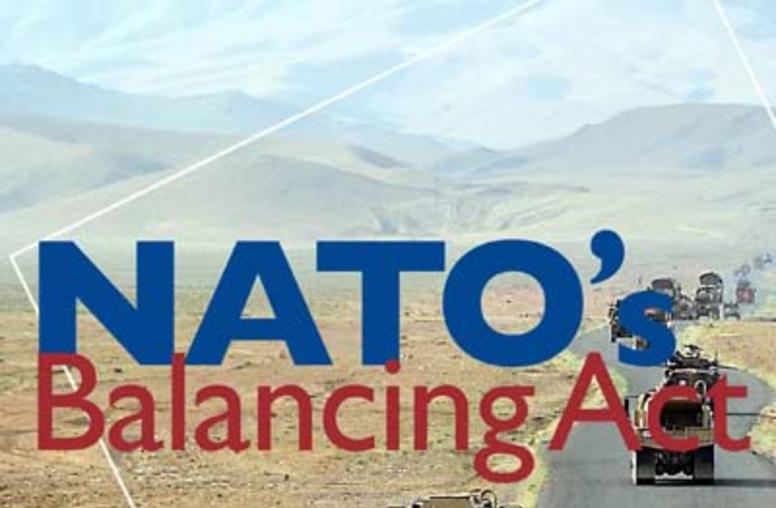The Diplomacy of Counterterrorism: Lessons Learned, Ignored, and Disputed

Summary
Recent lessons learned in the diplomacy of counterterrorism included:
- the importance of consistent, long-term incremental steps taken against a phenomenon that will not disappear
- the necessity for a multifaceted policy that includes political, legal, social, diplomatic, economic, and military elements
- the need to develop realistic expectations and avoid a crisis mentality that is ultimately satisfying to terrorists, playing down military analogies that might lead to public expectations of early "victory"
- the dynamic interaction between terrorism and counterterrorism, resulting in policies that over time help shape the location, form, and methods used by terrorists
- the promise of law enforcement techniques as an effective long-term approach to fighting both national and international terrorism, not as a substitute for military action but as a complement
- the increasing dissociation of states from terrorism, and an increasing willingness of states to combine their efforts to defeat or discourage terrorist organizations
- the growing promise of international cooperation against the threat
- the effectiveness of a law enforcement approach in situations where there is also a nascent peace process, such as Northern Ireland and Israel
- the appropriate use of military force, which tends to be effective for short-term purposes such as disrupting operations, but problematical at stopping terrorism over time
- the actual threat of attack using chemical, biological, nuclear, or radiological weapons, and the level and type of resources that should be devoted to responding to the (actual or perceived) threat
Finally, counterterrorism trends that are worrisome and need more attention included:
- the increasing globalization of the terrorist threat, resulting in shifts to new geographic areas of concern like Central and East Asia, the Balkans, and the Transcaucasus region, and the great freedom of movement by perpetrators
- the resurgence of hostage-taking as a terrorist technique, and the increasing frequency with which both governments and private companies are paying ransoms and making concessions
- the growing tendency of terrorists to use information technology, especially the Internet, to pursue their goals, and the difficulties of countering or tracking that use
- evidence that terrorism as a tactic may more often be resulting in strategic successes
About the Report
This report is based upon a meeting of the International Research Group on Political Violence (IRGPV) held at the United States Institute of Peace to discuss national and international methods of countering terrorism. Although the original report was drafted before the September 11 attacks, it has been revised to reflect those attacks and more recent events. Topics discussed included specific lessons learned from past experience, the challenges of building international coalitions, the effectiveness of criminal law approaches in contrast to military responses, the role of rhetoric and public diplomacy, the effectiveness of current policies, and the "new terrorism" and weapons of mass destruction.
The IRGPV is co-sponsored by the U.S. Institute of Peace and the Airey Neave Trust of Great Britain. This report was written by Audrey Kurth Cronin, visiting associate professor in the Security Studies Program at Georgetown University and a participant in the meeting.
The views expressed in this report do not necessarily reflect those of the United States Institute of Peace, which does not advocate specific policies.



